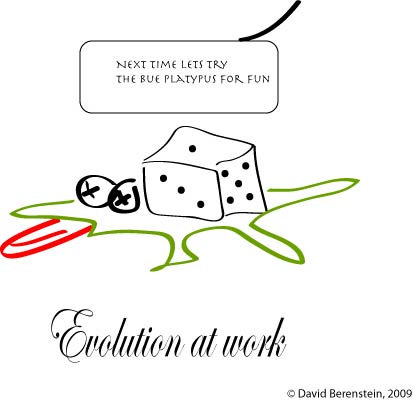I went to see Coraline this weekend. It is an animated movie made with stop motion animation (and it is supplemented by usual CGI effects). I like the medium of stop-motion very much, particularly because it is harder to achieve a good result. The most interesting thing about the movie is that it was filmed in 3D, which gives it a much more eerie feeling. The storyline was ok and there were various aspects that were very predictable. There are some elements of it that reminded me of my childhood: I used to be especially afraid of dogs and I met a lot of kids that didn’t fit in well. I also ended up eating more beets than I liked when I was growing up. Now I really love them, so I can understand a few obsessions that are portrayed in the movie. I think the thing I liked the most was that they did not use the 3D to do that usual ‘trick’ of having objects point towards the audience over and over again. There was a bit of that at the very beginning, but it soon faded away. (For an example of bad – or you could also say tasteless- uses of 3d, see this blog review of Beowulf)
Now, back to the 3D. Just to tell you a little bit about the technology involved (feel free to go to wikipedia for more info). The basic idea is that we have stereographic vision: we have two eyes, which is really good for measuring distances by angles of triangles. So ideally, each eye sees a slightly different image and our brain reconstructs a 3D map from two 2D-images.
